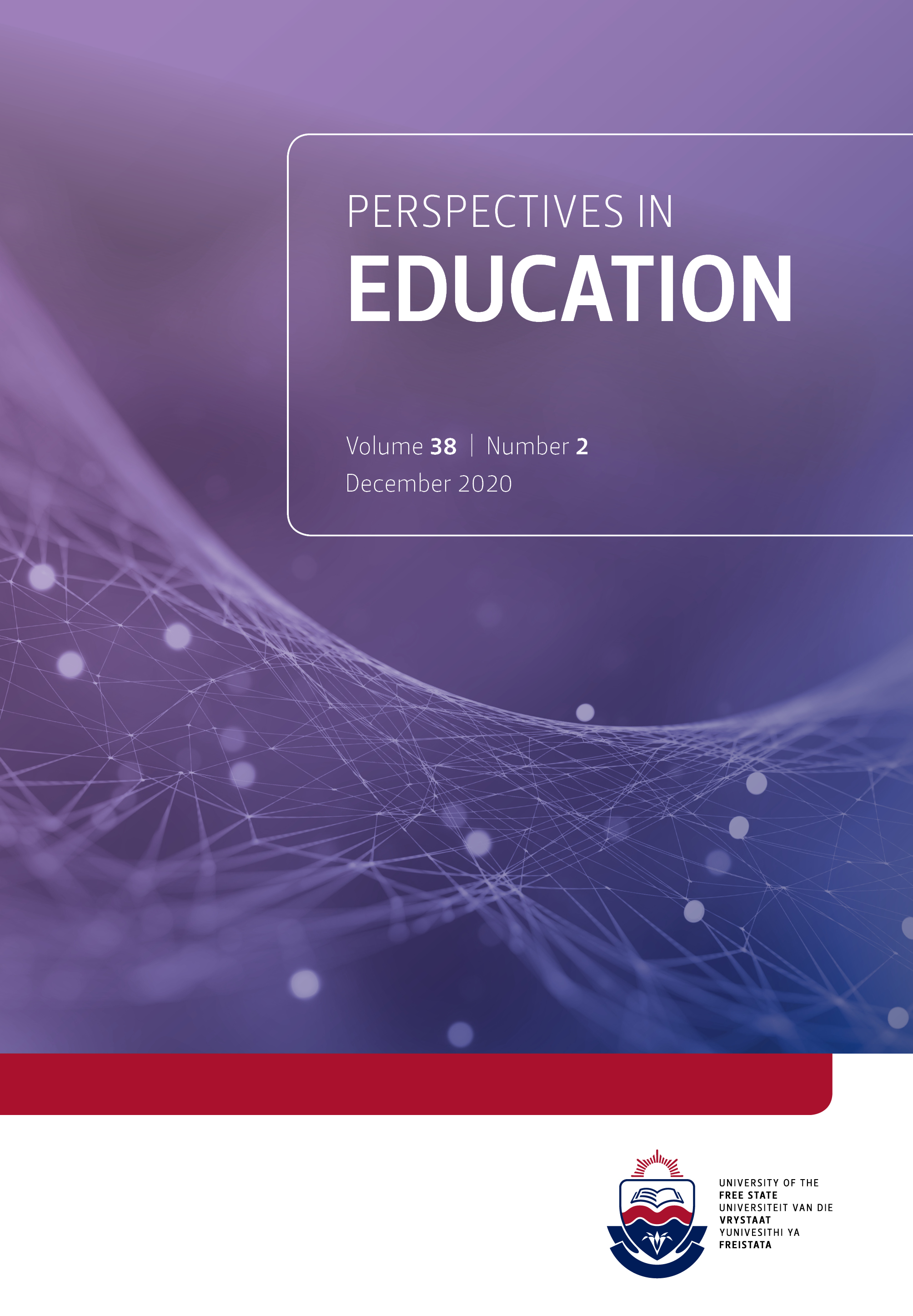Principals' role in capacity development of post level one teachers for school leadership
-
DOI:
https://doi.org/10.38140/pie.v38i2.4339Keywords:
Leadership, Capacity building, Transformational leadership, Distributive leadership, Committees, PrincipalAbstract
This study was undertaken to explore the role of principals in the capacity development of post level one teachers for school leadership positions. The success of a school and its attendant learner achievement depends largely on good school leadership. Thus, it is highly unlikely that poor or ineffective school leadership will lead to successful schools. This study argues that it is the responsibility of principals to ensure that ample opportunities exist for leadership development of post level one teachers. A qualitative research approach was selected to investigate the role principals play in building leadership capacity in post level one teachers. Semi-structured individual interviews were conducted with ten (10) participants at two (2) schools: one (1) principal and four (4) post level one teachers per school. The findings indicated that in both schools there was leadership capacity development taking place, but notably in different forms. It became clear that only some teachers in the participating schools were receiving adequate or effective leadership capacity development. A significant finding of this study is that principals play a fundamental role in the creation of subcommittees to enhance leadership capacity for post level one teachers. The study highlights the need that sub-committees be given sufficient authority and power to make decisions that benefit both the development of teacher leadership as well as improve teaching and learning in schools. Lastly, the study recommends that a five-year leadership capacity building program, as an internal in-service program, be introduced for all post level one teachers in schools to aid leadership capacity development.
Downloads
##submission.downloads##
Published
How to Cite
Issue
Section
License
Copyright (c) 2020 Mr. J.G. Khanyi, Dr P. Naidoo

This work is licensed under a Creative Commons Attribution 4.0 International License.





